The gig economy, also known as the platform economy, has experienced significant growth in recent years, with more people turning to freelance work and online platforms to make a living. However, this new labor landscape has also raised concerns about the lack of regulation and protection for workers. In this article, we will analyze the current state of regulation of the gig economy, focusing on the harmonization of laws and norms at national and international levels.
The Need for Regulation
The gig economy is characterized by the rise of online platforms that connect workers with customers or clients. While these platforms have created new opportunities for workers, they have also raised concerns about the exploitation and mistreatment of workers. Workers in the gig economy often lack traditional employment benefits, such as minimum wage, social security, and workers' compensation. Moreover, platforms often set their own rules and policies, which can be opaque and unfair to workers.
Current Regulatory Framework
At the national level, the regulation of the gig economy varies from country to country. Some countries have specific laws and regulations to govern the platform economy, while others have vague or non-existent laws. For example, in the United States, the IRS regards gig economy workers as independent contractors, whereas in Germany, the government has established a minimum wage for platform workers.
What are the main challenges facing regulators in the gig economy?
One of the main challenges is the lack of clear definitions and categorizations of gig economy workers. Are they employees or independent contractors? This ambiguity makes it difficult to apply existing labor laws and regulations to the gig economy. Moreover, the global nature of the gig economy poses challenges for harmonization of laws and norms at the international level.
At the international level, there is a growing consensus that the gig economy requires a more comprehensive regulatory framework. The International Labour Organization (ILO) has developed guidelines for the regulation of platform work, emphasizing the need for fair labor standards, social protection, and adequate working conditions.
Proposed Solutions
Several proposed solutions aim to address the regulatory challenges in the gig economy. One approach is to recognize platform workers as employees and apply traditional labor laws and regulations to the gig economy. Another approach is to establish new, platform-specific regulations that take into account the unique characteristics of gig economy work.
What are some potential benefits of recognizing platform workers as employees?
Recognizing platform workers as employees could bring several benefits, including improved working conditions, social protection, and access to labor rights. Moreover, it could also promote fair competition among platforms and reduce the risk of exploitation and mistreatment of workers.
In conclusion, the regulation of the gig economy is a complex and multifaceted issue, requiring a harmonized approach at the national and international levels. While there are many challenges and uncertainties, proposed solutions aim to address the regulatory gaps and promote fair labor standards, social protection, and adequate working conditions for gig economy workers.




